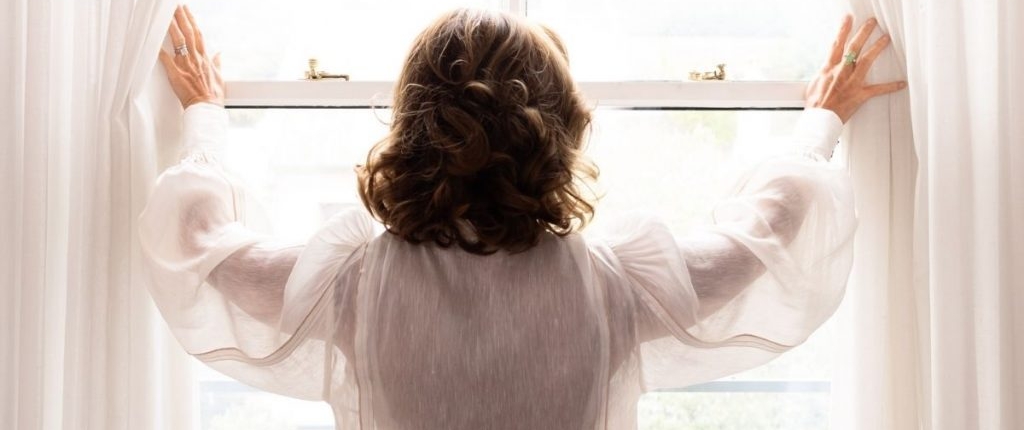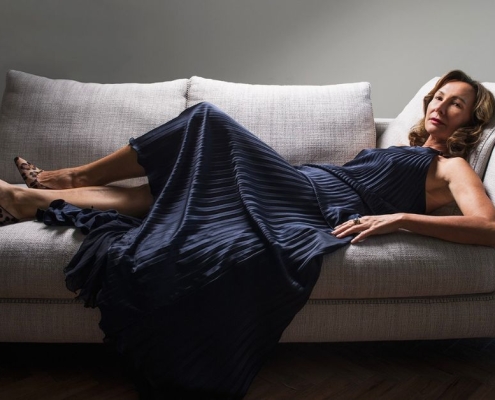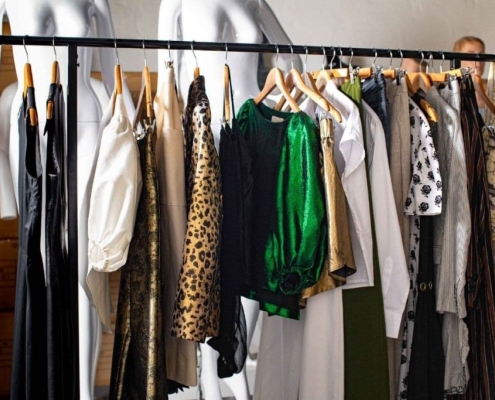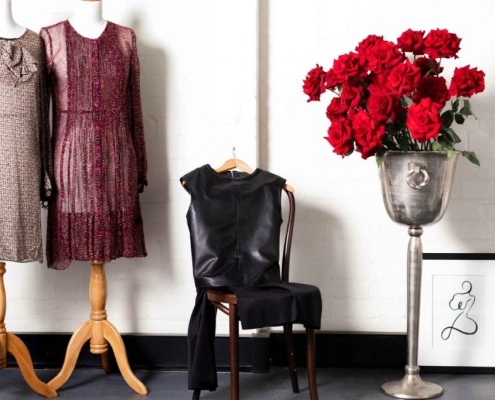What I Wish I’d Known Earlier About Menopause
Embracing Menopause with Open and Honest Conversation
For me, perimenopause started later than it did for most women. I had my one and only child at 42, and I like to think this is part of the reason for my ‘late bloomer’ status. My theory is that my body was being kind to me by delaying the trauma of menopause – by a few years at least.
2012 was the year that I would have given anything for more guidance, or a little hand holding, while I did my best to make sense of the volatility that my body and mind were experiencing. I would throw erratic tantrums. Tears would well up in my eyes, for what appeared to be no reason. I recall slamming the dishwasher drawer so hard that all of the glasses and plates inside shattered, sending a sharp and audible shockwave that something inside of me was seriously ‘off’.
I felt my physiological being had been hijacked by a foreign entity. I spent days, and sometimes weeks, where I felt there was nothing that I could easily accomplish. Not only that, I also experienced no enthusiasm or joy in any of the activities that normally would give me pleasure.
My final wakeup call was the day that anxiety hit me so hard that I couldn’t even bring myself to open the door to leave my home. I knew this was not a battle I could win solo.
I needed support.
I needed a greater understanding of what was going on inside my body and mind.
I’ll never forget when my GP, in her empathetic attempt, said that I had become “a crazy bitch – like the rest of us.” So, what’s the antidote to being a ‘crazy bitch’? Take hormones, such as the contraceptive pill. So, I did precisely that, for the next 18 months. I tried four different types of contraceptive pills and inevitably returned to my doctor each time a particular pill had lost its ‘magic’.
On my three year-long journey, I sought to consume as much information as I could on the subject of menopause. I read the “Wisdom of Menopause”, by Christiane Northrup, “It’s Not My Head, It’s My Hormones”, by Marion Gluk. I also kept all of my GP and specialist appointments, took multiple supplements, ate as best as I could and exercised religiously. Near the end of my confronting journey, I finally settled on a bio-identical hormone that helped calm me down a few notches and modulated my mood swings.
Because I know how painful and confusing perimenopause, and eventually menopause can be, I was thrilled to hear Michelle Obama talking openly on the subject. Michelle and her close friend, Dr Sharon Malone, discuss the need for honest conversation around our bodies, on her podcast episode “What your mother never told you about health” on Spotify. Transcript link here.
Michelle and Sharon highlight that our generational inclination to avoid the conversation around menopause, only further entrenches the taboo nature of the subject. An open and honest discussion about our bodies will help to ‘normalise’ the conversation. There is a gradual shift taking place, but an ongoing dialogue is needed.
“Half of us are going through this, but we’re living like it’s not even happening” – Michelle Obama

Making Sense of Perimenopause
A straightforward definition of perimenopause is that it includes the years leading up to menopause. Your period hasn’t stopped, but your oestrogen levels start to deplete. It’s the time that your body makes the natural transition towards menopause, and for most women, it starts in their mid 40’s. But for some, it can begin even earlier.
Dr Sharon Malone explains that this ‘transition’ period can be so confusing because it happens before you’re even thinking about menopause and the range of symptoms is hugely varied (hot flushes, anxiety, depression, mood swings, night sweats, sleeplessness). She describes eventual menopause as “puberty in reverse”. The hormonal changes during this time takes away your usual ‘buffer’ to deal with challenging events, or even everyday situations. It’s as if you lose your ability to regulate your emotions – resulting in mood swings.
I suggest you explore hormone replacement therapy and alternative options if the side-effects of perimenopause and menopause are negatively impacting multiple areas of your life. I encourage you to expedite your understanding of the subject by listening to the podcast here. This 40-minute episode provides a shortcut through some of the confusion and distress that comes with the transition into menopause. It is a resource that I would have loved access to ten years ago when I so desperately needed it.
I wanted to highlight some high-profile women who have come forward and spoken about their personal experiences with perimenopause and menopause. I think some of the following extracts serve as a good reminder that you’re not alone and that no woman is immune from this stage in the ageing journey.
Celebs get Candid About Menopause
Kim Cattrall

It’s often hard to separate the sexually emboldened Samantha that Kim Cattrall played for over six years on Sex and the City, with the real woman behind the character. Cattrall credits playing the role of brazen Samantha, as allowing her to tap into and openly express her own femininity when discussing menopause.
“Millions of women are going through it (menopause); it’s part of nature. But it can be very confusing and isolating. It’s not shameful but a completely natural part of life.” – Kim Cattrall
Emma Thompson

A brilliant actor, uses humour to approach the topic of menopause, and subsequently brings it to light and ‘normalises’ it. (Glamour Magazine).
While accepting the best actress award in 2014, Thompson said:
“It’s such a cold night. You know, it’s the first time I’ve been actively grateful for the menopause.” – Emma Thompson
Oprah Winfrey
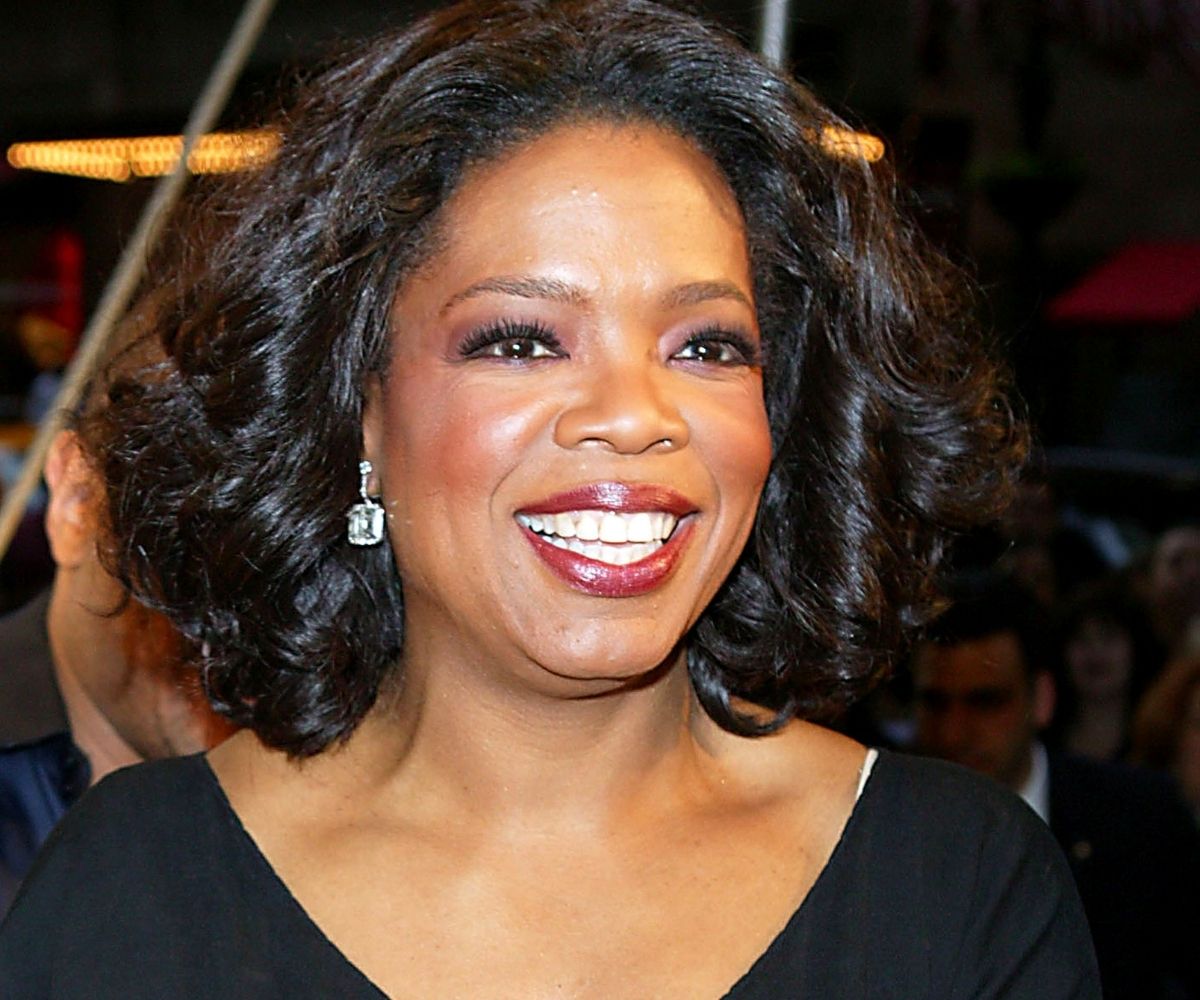
When Oprah speaks, the world tends to listen. Oprah puts a positive spin on the traditionally scary and taboo topic of menopause.
In 2019, in her synonymous magazine, Oprah talked openly about her experience of menopause. For two years, she didn’t sleep well, and she frequently experienced heart palpitations. She eventually picked up a copy of “The Wisdom of Menopause, where she read about heart palpitations and discovered some of the answers that she had been seeking. Oprah acknowledges that not enough people are having an open and honest conversation around menopause.
“Until that point in my adult life, I don’t recall one serious conversation with another woman about what to expect.”
“I’ve discovered that this is your moment to reinvent yourself after years of focusing on the needs of everyone else.” – Oprah Winfrey
Gwyneth Paltrow
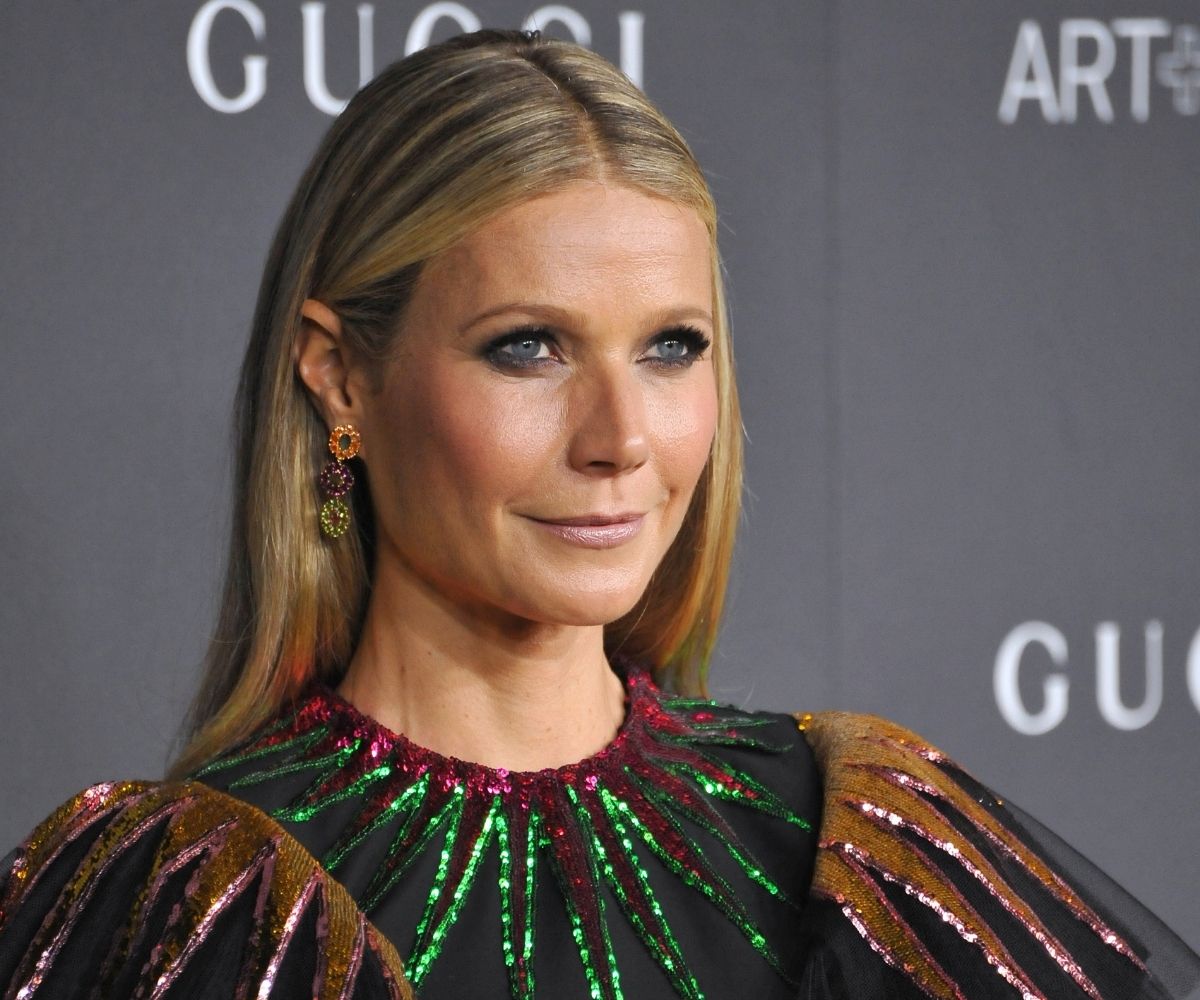
Gwyneth Paltrow reinforces the above point. There is not enough open discussion on the topic, and menopause needs a ‘rebrand’. (New Idea)
Gwyneth herself has been through the unpleasant motions of perimenopause and menopause – excess sweating and extreme mood changes. She is an advocate for holistic health, and some followers even consider her an ‘alternative health guru’. Gwyneth follows her own advice to combat some of the negative side-effects. She takes vitamins to help support her thyroid health, gets plenty of good rest, regularly exercises, eats nutrient-dense foods and stays well hydrated. (W Magazine).
“I don’t think we have in our society a great example of an aspirational menopausal woman” – Gwyneth Paltrow
Final Thoughts
Today, I am a happy, and fully accepting post-menopausal woman of 62. Having come through the other side, I want to help as many women as possible who are on the precipice of this uncertain, but widely experienced life transition. My advice is to start with a self-loving disposition and proceed gently. Don’t be afraid to let friends and family around you know what you’re going through. Get professional guidance and decide if HRT (hormone replacement therapy) is the right course of action for you to take. Continue to nurture yourself with nutritious food, regular exercise and quality sleep.
Ready to discover more about your unique journey through menopause? Dive into our collection of insightful articles, and join us on a path of empowerment and self-discovery. Subscribe now!
Claudia xx

